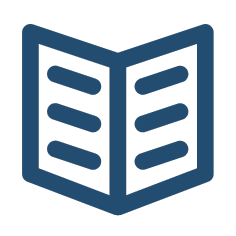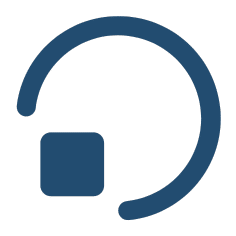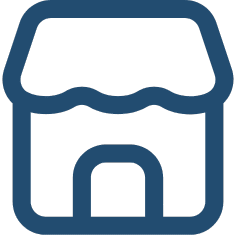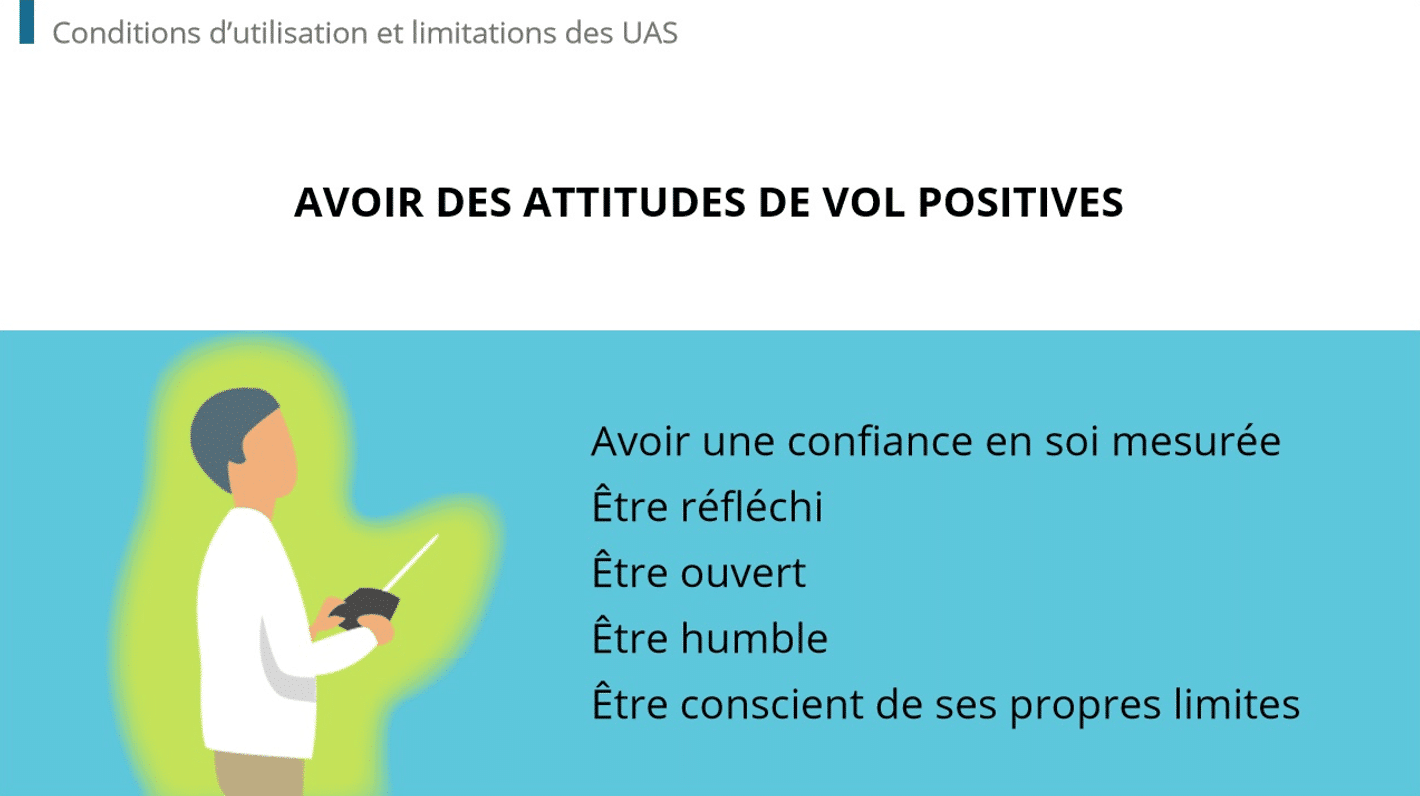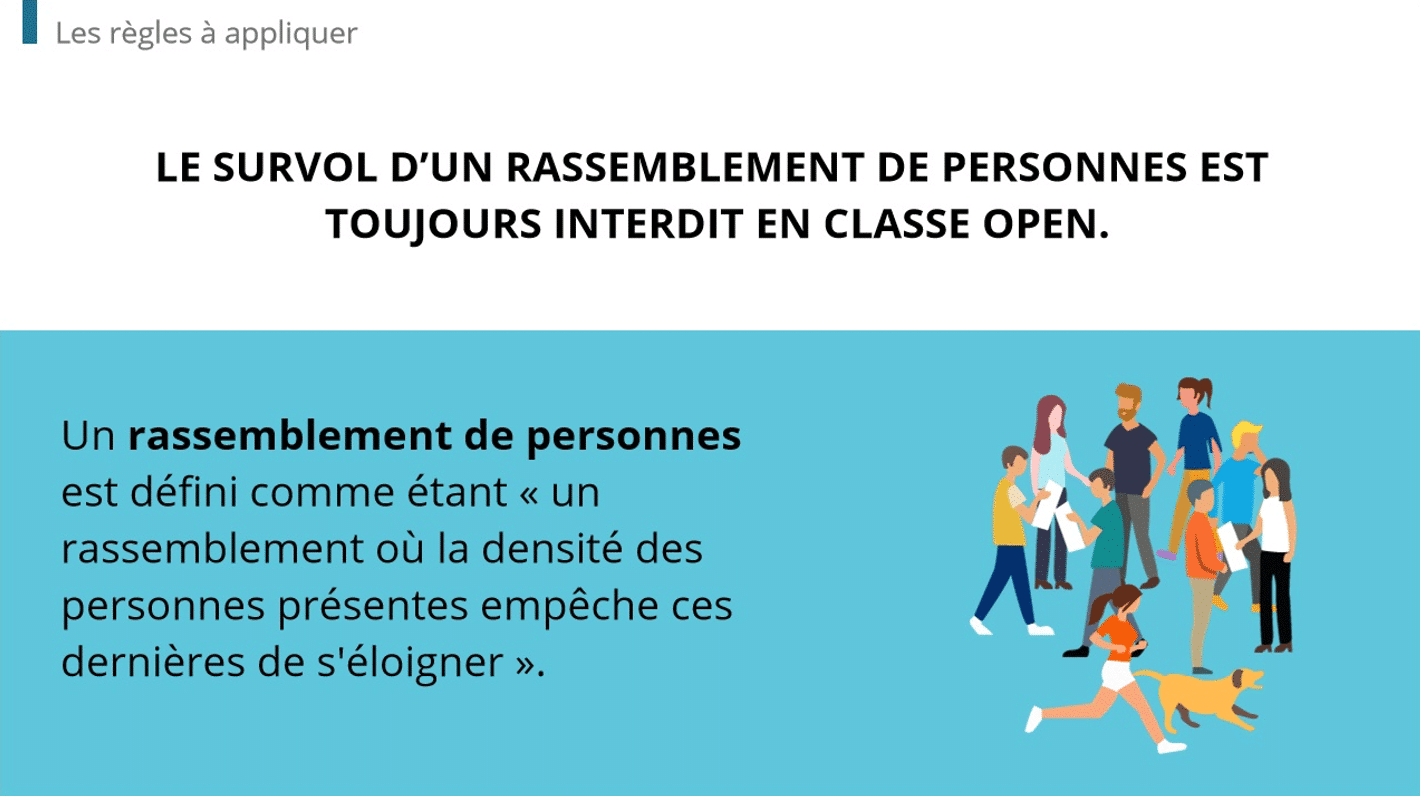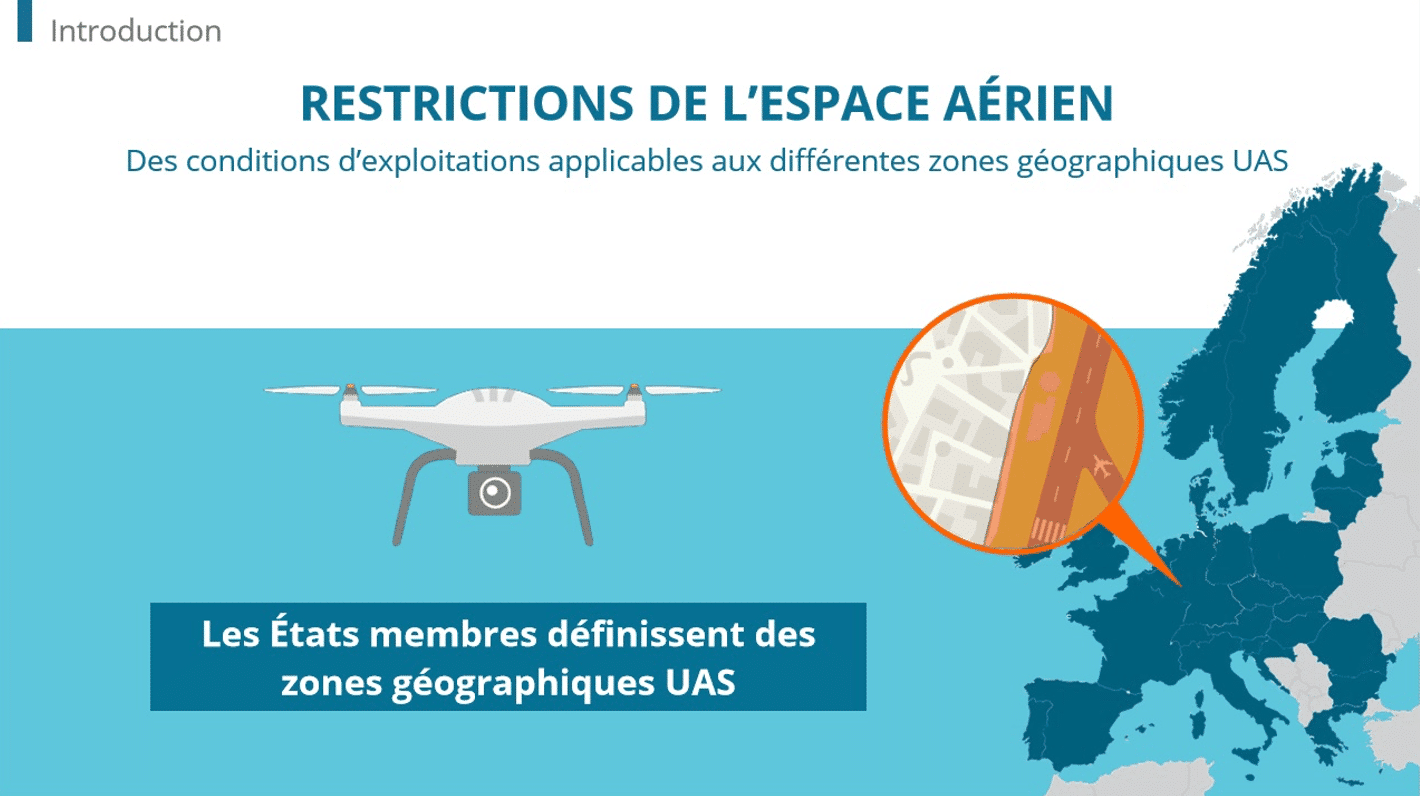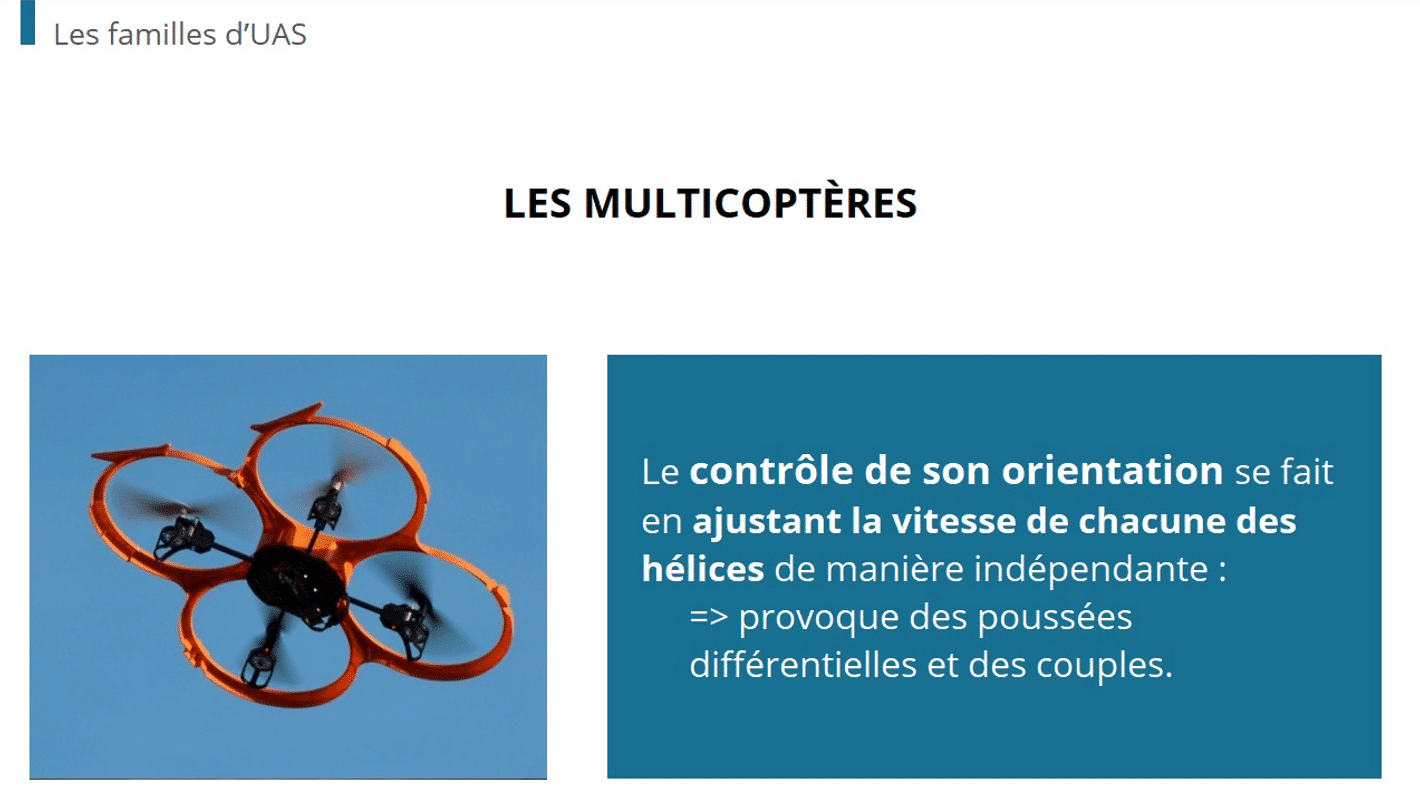Before launching a business MOOC, the company should ask whether to give employees the choice to enroll or to make it mandatory.
MOOCs for business also go under the moniker of COOC, for Corporate Online Open Course. While registration for a MOOC is voluntary, should this also be the case for trainings aimed at employees? Should employees be left to decide when to follow a course?
How can they be kept motivated during the self-learning process? Should the business MOOC instead become part of a mandatory course with certification?
Which projects are suitable for a business MOOC?
It’s important to think about this and set parameters because the answers to these questions influence the content and scenarisation. Keep in mind that a MOOC is less formal than an e-learning project. It can be implemented in the short term and modified or adjusted quickly.
It may be interesting to make it mandatory when, for example, training vendors about a new product or update.
By contrast, it is better to encourage learners to get voluntarily involved and offer them new responsibilities, moving them into the business. Learning should be experienced as an enrichment, not an obligation. It should create the desire to learn and a willingness to move forward.
Should COOCs be open to external stakeholders?
A business MOOC could be a particularly relevant strategy when included as part of a training plan for multiple employees, a plan to drive change, or for digital business transformation.
But it could also be interesting to offer it to any stakeholder whose work revolves around the company, whether partners, customers, or suppliers. When a company works according to strict rules, or provides complex services or products, COOCs can help people learn about these procedures or understand a solution, such as a computer programme, toolbox, tool, etc. As a support tool, the business MOOC can also be used for communication and certification.
To some extent, companies are already seeing this as an innovative way to recruit. The HRD can create a list of profiles with data that is much more relevant than is found in a resume or cover letter, capable of identifying potential candidates with the best skills.
To identify opportunities for your business, contact the Dokeos team.




